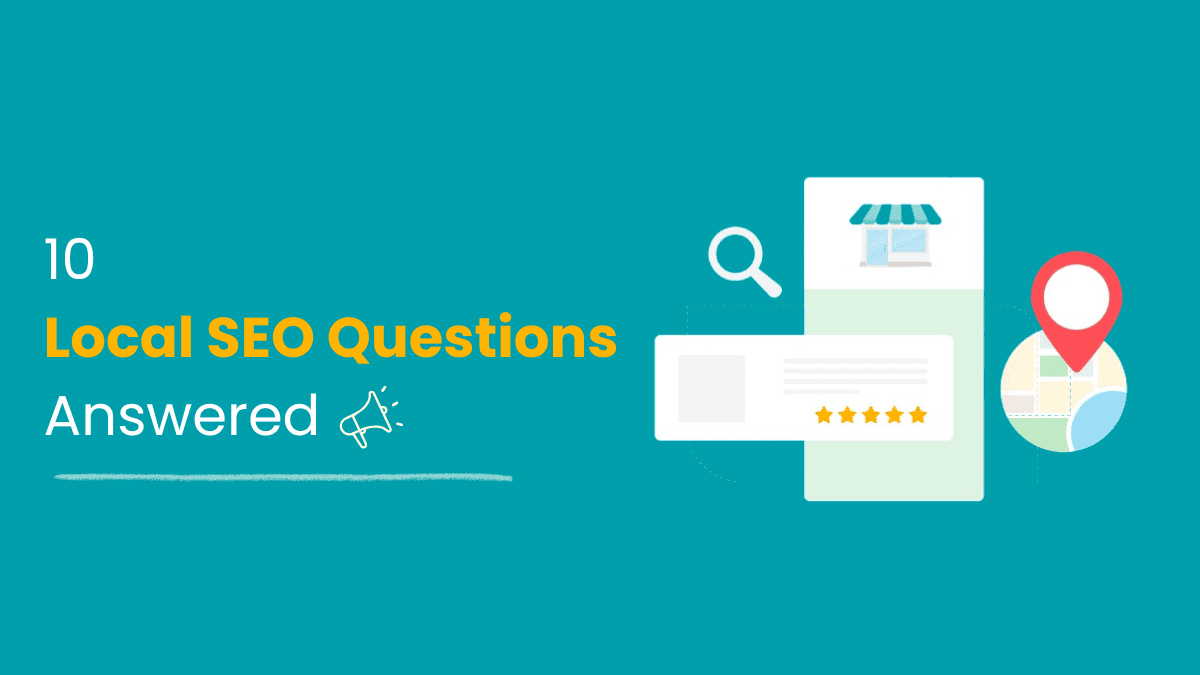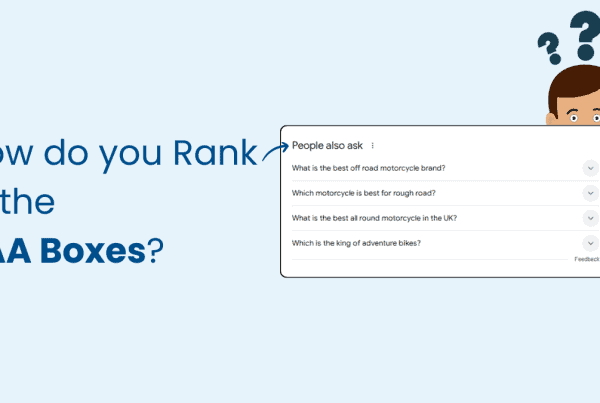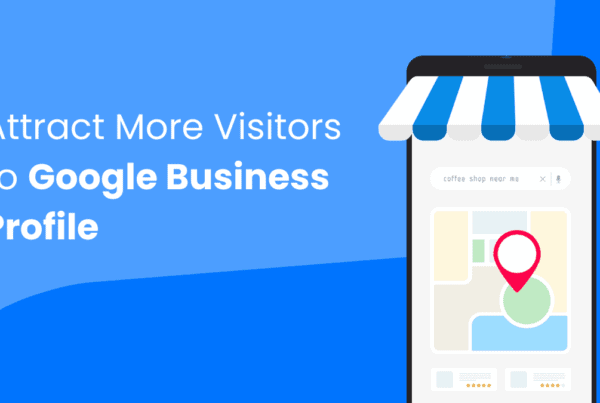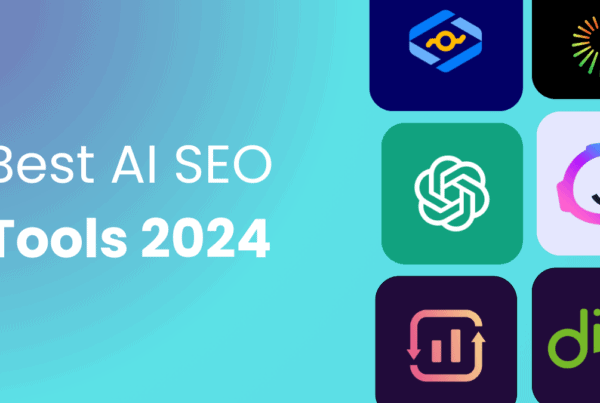
Local SEO is one of the most effective strategies for businesses aiming to attract nearby customers. Whether you’re new to the concept or looking to refine your strategy, chances are you have questions about how it works and how to implement it effectively. In this guide, we’ll explore and expand on 10 commonly asked local SEO questions to help you boost your local presence and attract more customers.
1. What is Local SEO, and Why Is It Important?
Local SEO refers to the practice of optimizing your online presence to improve visibility in localized search results, such as Google’s “local pack” and Google Maps. It involves strategies to ensure your business appears when people search for services or products in a specific area.
Local SEO is crucial for businesses because it directly connects you to consumers in your area. Unlike broader SEO strategies that target a national or international audience, local SEO narrows the focus to those most likely to visit your store, call your office, or book your services. For instance, a search like “best pizza near me” or “accountant in Chicago” is highly specific and indicates a strong purchase intent.
Moreover, mobile search trends have amplified the importance of local SEO. Studies show that 76% of people who search for something nearby on their smartphones visit a related business within a day. This makes local SEO not just an option but a necessity for businesses serving a local clientele.
2. How Does Google Determine Local Search Rankings?
Google relies on three primary factors when ranking businesses for local searches: relevance, proximity, and prominence.
- Relevance ensures that your business aligns closely with the searcher’s query. If someone searches for “pet groomers,” Google wants to show businesses that clearly offer pet grooming services, not vaguely related options.
- Proximity measures the physical distance between the searcher and your business. A user’s location plays a significant role, as Google tends to prioritize businesses nearest to them.
- Prominence involves your business’s overall reputation, determined by factors like reviews, backlinks, and social media mentions. A business with hundreds of 5-star reviews and regular online engagement is more likely to appear higher in rankings.
Google’s algorithm evaluates all these factors collectively to ensure the best results. For business owners, this means your optimization efforts must include clear service descriptions, accurate location information, and a strong focus on online reputation management.
3. What Is Google Business Profile, and How Do I Optimize It?
Google Business Profile (GBP), previously known as Google My Business, is a free tool that allows businesses to manage their presence on Google Search and Maps. It’s a cornerstone of local SEO because it’s often the first thing potential customers see when searching for services nearby.
![[your-subject] - EyeUniversal Google Business Profile](https://www.eyeuniversal.com/wp-content/uploads/2024/12/Google-Business-Profile.png)
Optimizing your GBP starts with claiming and verifying your listing. Once that’s done, you should complete every section of your profile, including business name, address, phone number (NAP), website URL, business hours, and services. But optimization doesn’t stop at filling out the basics.
Add high-quality photos that showcase your storefront, products, or services. Regularly update your profile with posts about promotions, new offerings, or upcoming events. Use relevant keywords naturally in your business description, as this can improve your chances of appearing for targeted queries.
Additionally, reviews are a significant ranking factor. Encourage satisfied customers to leave reviews and respond to them—especially negative ones—to demonstrate your commitment to customer satisfaction.
4. What Are Citations, and Why Are They Important?
![[your-subject] - EyeUniversal Business citations local SEO](https://www.eyeuniversal.com/wp-content/uploads/2024/12/Business-citations-local-SEO.png)
Citations are mentions of your business’s NAP information on third-party platforms like directories, review sites, and social media. These citations help search engines verify the authenticity and accuracy of your business information.
Think of citations as digital references to your business. If Google finds consistent details about your business across multiple sources, it will view your business as trustworthy and reliable. This trust translates into higher rankings in local search results.
However, consistency is key. Even a small discrepancy in your NAP information (like using “Ave” on one site and “Avenue” on another) can confuse search engines and hurt your rankings. Use tools like BrightLocal or Moz Local to audit and manage citations. Also, focus on listing your business in industry-specific directories to boost relevance.
5. How Can I Optimize for “Near Me” Searches?
Optimizing for “near me” searches is increasingly important as voice search and mobile usage grow. People now rely on their devices to find immediate solutions, which means your business must be visible when they search for “restaurants near me” or “auto repair near me.”
![[your-subject] - EyeUniversal near me searches](https://www.eyeuniversal.com/wp-content/uploads/2024/12/near-me-searches.png)
Start by ensuring your website is mobile-friendly. Google prioritizes mobile-optimized sites in search results, and users are more likely to engage with websites that load quickly and function well on their devices.
Incorporating location-specific keywords is another essential step. This doesn’t mean overstuffing your website with “near me” phrases but rather using natural language that reflects local intent. For example, include phrases like “serving downtown Chicago” or “located in Miami’s art district.”
Finally, use schema markup on your website. Schema is a type of structured data that helps search engines understand your content. By adding local business schema, you can provide search engines with precise information about your location and services, increasing your chances of ranking for “near me” searches.
6. What Role Do Online Reviews Play in Local SEO?
Online reviews are vital for both SEO and customer decision-making. Positive reviews not only build trust with potential customers but also serve as a key ranking factor for local search. Google uses reviews to gauge the quality and popularity of a business, often prioritizing those with a higher quantity of positive feedback.
Reviews can also influence customer behavior. A survey found that 90% of people read online reviews before visiting a business, and 88% trust them as much as personal recommendations. This makes them a critical component of your local SEO strategy.
To encourage reviews, ask satisfied customers to leave feedback after a positive experience. Include links to your Google Business Profile in follow-up emails or invoices to make the process seamless. Remember to respond to all reviews—positive and negative—to show that you value customer feedback and are committed to improving.
7. Can Social Media Help with Local SEO?
Although social media isn’t a direct ranking factor for local SEO, it plays an essential role in enhancing your online presence. Engaging with your audience on platforms like Facebook, Instagram, and Twitter drives traffic to your website and increases brand visibility, which can indirectly boost your rankings.
Social media also provides opportunities to connect with your local audience. By sharing location-based content, such as updates about events or promotions, you increase your chances of appearing in searches. Platforms like Facebook even allow you to add your business’s address and operating hours, making it easier for customers to find you.
In addition, encourage customers to check in when visiting your business or tag you in their posts. This user-generated content not only promotes your brand but also signals to Google that your business is active and engaged with its community.
8. How Do I Target Multiple Locations with Local SEO?
Targeting multiple locations requires a strategic approach to ensure each area is optimized effectively. Start by creating a unique webpage for each location. These pages should include specific details like the address, phone number, hours of operation, and services offered in that area.
For your Google Business Profile, set up and verify separate listings for each location. Ensure the NAP information is consistent and accurate across all listings to avoid confusion for both customers and search engines.
Additionally, consider creating location-specific content. Blog posts or landing pages that highlight local events, community involvement, or area-specific promotions can improve engagement and relevance for each location.
To know more about how to do local SEO for multiple locations. We have a separate guide.
9. What Metrics Should I Track to Measure Local SEO Success?
Tracking the success of your local SEO efforts is essential to understand what’s working and where improvements are needed. Start with Google Business Profile insights, which provide data on how many people viewed your listing, searched for your business, and took actions like calling or requesting directions.
Google Analytics can help you track website traffic from local searches. Monitor metrics like organic search traffic, bounce rates, and conversion rates to see how well your site performs with local audiences.
You can also use tools like SEMrush or Ahrefs to monitor local keyword rankings. Look for improvements in visibility for location-specific search terms to gauge your progress.
10. What Are Common Mistakes to Avoid in Local SEO?
Avoiding common mistakes can save you time and effort. One major error is inconsistent NAP information across directories, which can confuse search engines and customers. Always double-check your details to ensure consistency.
Another mistake is neglecting online reviews. Ignoring negative feedback or failing to request reviews can hurt your reputation. Actively engage with customers to maintain trust.
Lastly, don’t underestimate the importance of mobile optimization. A slow-loading or poorly designed mobile site can deter potential customers and lower your rankings.
Final Thoughts
Local SEO is essential for businesses looking to thrive in their communities. By understanding these frequently asked local SEO questions and implementing the tips provided, you’ll be well on your way to dominating local search results. If you found this guide helpful, share it with your network or explore our other resources on SEO, social media marketing, and Google Ads. For personalized assistance with your local SEO strategy, contact us today.



